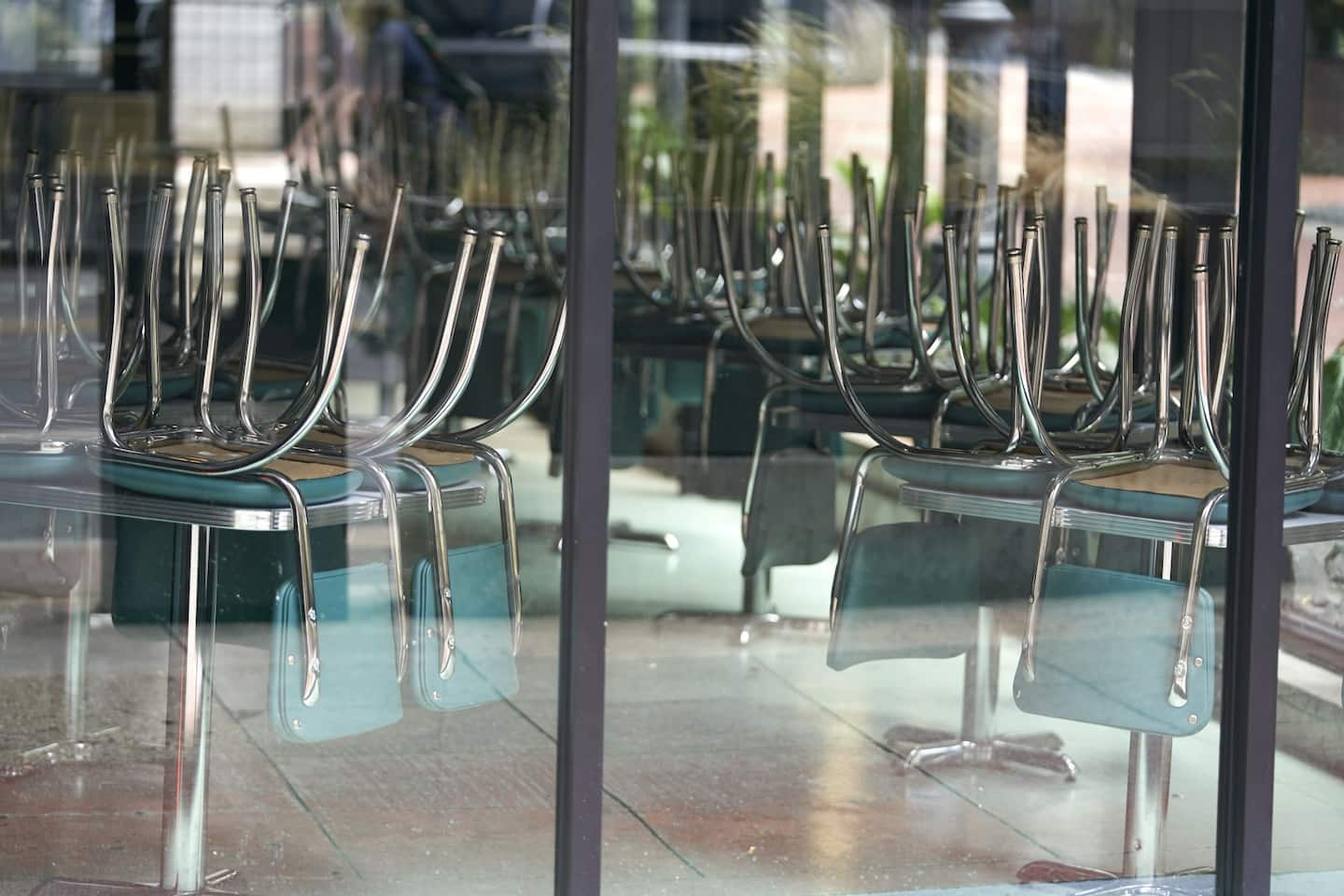Let’s have ‘immunity nights’ to keep American businesses alive

That makes no sense. Seventeen percent of U.S. adults have received at least one vaccine dose, a number that is growing every day. There is strong evidence that immunity not only makes people far less likely to get sick from covid-19, but also makes it highly unlikely they will spread the disease. Let’s put science into action. Local lawmakers should allow “immunity nights” or designated days or times for businesses to accommodate immune customers at a higher capacity. Doing so might just save businesses on the brink of failure.
When the pandemic began, the formula was simple: Do whatever possible to slow the virus’s spread. Stay at home. Wear masks. Close businesses. But it’s time we mature our guidance.
Those who are now immune should be able to slowly and carefully start living their lives again. Go to public venues and gyms. Eat out. Shop and rebuild communities. It is important to maintain good ventilation and wear masks for extra safety until community prevalence drops and we reach herd immunity, but this is a good time for immune people to be active. For some businesses, this influx of customers could be a lifeline.
This may sound reckless to some, but vaccines are nearly 100 percent effective at preventing death or disability from covid-19. That’s because immune systems work. We can harness that power to transition toward a post-pandemic era.
We must also account for the impact of loneliness and economic despair on health outcomes. As physicians who have counseled immunosuppressed patients for years, we have taught patients to take infection precautions seriously. We also know that there’s a balance between the risk of human isolation and the risk of infection. Patients who battle depression from being inactive often remind us of how the soul longs for community and to be active. Research shows loneliness can weaken physiological reserves and trigger a cascade of harmful adverse events. Over the past year, there has been a nearly fourfold increase in the number of U.S. adults reporting symptoms of anxiety or depression, according to an article published in Nature earlier this month.
A responsible public health strategy treats the whole person, not just the virus. Expanding capacity at restaurants and in other public areas for those who are immune could be therapeutic and would also have an economic benefit. It could help restore the livelihoods of many Americans.
Here’s how it could work: Businesses such as restaurants would allow those with documentation of immunity to enter with 100 percent capacity during certain times. Documentation could be in the form of an app-based boarding pass or a QR code showing proof of vaccination, antibodies against the disease or a prior positive coronavirus test — similar to arenas scanning tickets or bars checking IDs.
Critics might say this wouldn’t work because businesses aren’t equipped to check documentation or because people could fake their documentation. But given the billions of dollars at stake in our economy, the market would drive this innovation quickly. It’s not that complicated. Plus, it’s unlikely that people would fabricate documentation, and in the rare cases that they did, they would be putting only themselves at risk, since everyone else would have immunity.
British Prime Minister Boris Johnson is already exploring “immunity passports” for his country as a way for people to get back to pubs and theaters. Israel is beginning to use them for entry into public gatherings and travel. Using immunity passes more broadly can reduce the burden, inaccuracy and cost associated with testing.
There will be some who object that this wouldn’t be 100 percent safe. True! Nothing is guaranteed as we transition out of the pandemic. But the science shows that higher-capacity gatherings of immune patrons would be low-risk. In fact, they would be safer than allowing people to gather at lower capacity without proving their immunity. And, depending on the community’s background infection rate, masks could add an additional layer of safety.
Our nation’s covid-19 strategy should not be to simply to extinguish the virus. It should be to maximize overall health. Privileges for those with immunity would incentivize people to take the vaccine, potentially increasing vaccination rates. Some might worry that giving special privileges to those who have been vaccinated would create a system of “haves” and the “have nots.” Indeed, we have spoken out against the racial and socioeconomic disparities in our nation’s vaccine rollout. But within a month or two, everyone in the country who wants a vaccine should have the opportunity to receive one. And as infection rates plummet this spring, we hope that we’ll see herd immunity mature.
As that happens, policymakers should liberate businesses to adopt practical approaches to reopening. It’s time we start transitioning to normalcy.
Read more:






